Lost Times Found
In search of heritability and finding a lost past
Genetic Memory
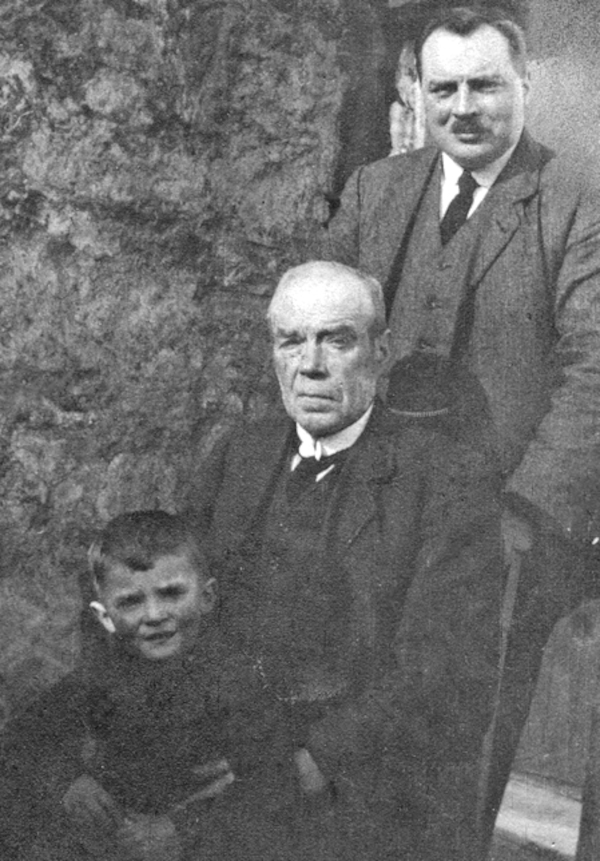
Is it possible to recall the memories of one's ancestors? Can a memory be literally encoded in one's DNA?
Some of our instinctive behaviours are believed to originate in our common, prehistoric, past, the 'flight or fight' responses for instance. Of course these might just be characteristics of our species, filtered out by the process of 'natural selection'. Behaviours that bias towards survival are bred in, behaviours that bias against survival are bred out.
Environmental and Cultural Memory
But what of more recent behaviours and habits, going back centuries rather than millennia? Can one recall something relating to one's great-great grandparents, people whom we never knew?
Sometimes a behaviour is directly handed down, the blacksmith or doctor may well be a child following the trade of their parent, as their parent had been in their turn. Inherited physical attributes might have an influence on the behaviour of the child. If the child is brought up in the same place as their great-grandparents the environment might be substantially the same, as in hill farms or fish-bearing seas.
Speech patterns can survive through the generations, the oaths of one's father might well be those of his father. The name of a food, apparently unique to one's mother might be that used by her mother.
Cultural Destruction
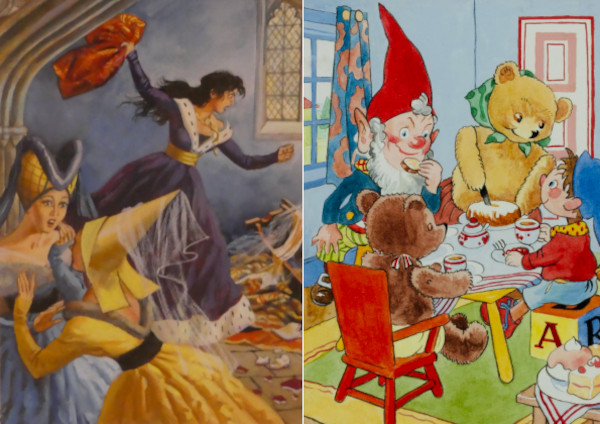
None of these are recalled internally though, they are passed down externally, much as one might inherit a watch. Just like a watch they can be easily lost, a change of environment or a dominant culture - local speech patterns that survived decades overturned in months following exposure to a popular TV show made on the other side of the world, for instance.
Some peoples have an oral tradition, stories are re-told and passed down the generations. It might be thought that a written tradition would better preserve stories but for reasons of ignorance, copyright or social engineering this is no longer the case in the Anglosphere. The tales of our childhood, once well-known, are re-constructed and distanced from the North European mythology from which they originated.
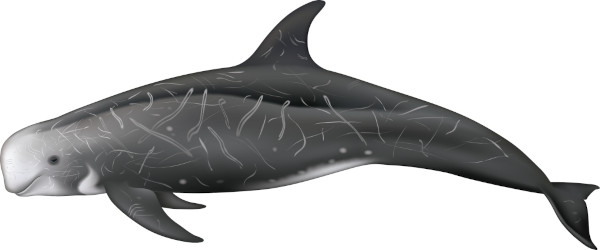
Closer to home my father would chide us as children for “Puffing like a grampus” or as we emerged naked from a bath call out “Scuddie was a bear!”, a fragment from some lost rhyme playing on the Scots word for ‘bare’. As children arguing in the playground the killer line would be “It’s a free country, isn’t it?”, something no longer true, and like all these other phrases, no longer said.
Programmed Behaviour
I know there are things that I do that I was never taught, the basic survival skills of breathing and eating for a start, but are there more complex, perhaps latent, behaviours built in?
At times I have felt that I would have liked to be a farmer, a teacher and sometimes a preacher. I always wanted to be an engineer. The later is easily explained, my father was a vehicle development engineer and I was very much aware of his work as the evidence existed in the cars that he brought home and the ideas that he tried out on the living room table. He had always been interested in cars which, by the 1930s, had become a practicable means of personal transport. He also had an interest in radio, a subject that the home amateur could get involved in.
For me cars didn’t hold the same fascination, maybe to an extent they were now an established technology. Electrical and Electronic engineering had more appeal to me. It was cleaner for a start! Big changes were taking place, machines were getting bigger and smaller! Power engineers were working on higher voltage transmission lines fed by ever larger turbo-alternators, meanwhile transistors were becoming more common with the technology shrinking into integrated circuits whole systems on a chip.
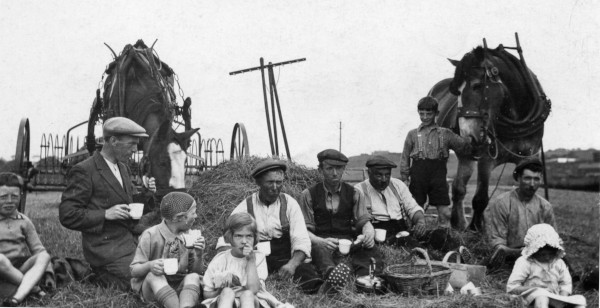
My grandfather had been a woodwork teacher. I have no memory of him but there were examples of his work and some of his tools. He had been born on a farm, as had his father and his grandfather before him. As a child my father had been able to return to the farm of his father’s birth, now operated by his uncle, and to work with horses and help with harvesting.
Although never formally a teacher I supervised several apprentices, one lad and two lasses. The lad said he would like to have been a designer but that he didn’t have that ability. I went through the design and build of a simple counter-timer with him. A few years later I was both surprised and tremendously pleased for him to see that he had had a design published in Wireless World. Well done Keith!
As an elder of the Presbyterian Church of England, later to become part of the United Reformed Church, my father reluctantly acted as a lay-preacher when no minister was available. It turns out that both my grandfather and great-grandfather also took on this role. (It has been said that my maternal great-grandfather was an Independent Christian street preacher!).
My mother made early attempts to bring us up within the Church of England but we quickly rebelled against that. For me at least the dogma was too much. In the end we were bundled off with my father. As a result we were exposed to little ceremony or theology, the take-away was ‘be good’. To the disappointment of my father to accept ‘the faith’ made no sense to me and we children soon stopped going to church with him.
Re-enacting the Past
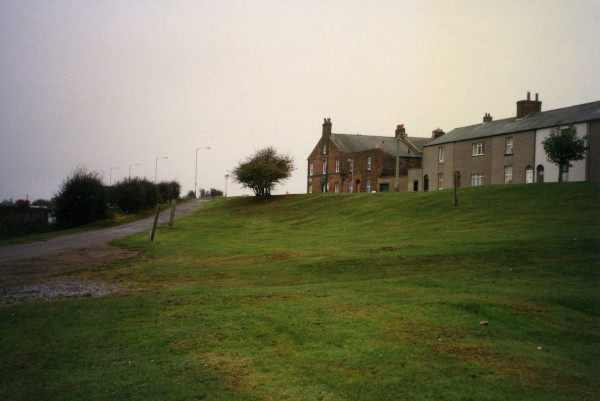
Being brought up in a modern semi-detached house in post World War II England it was quite a change to holiday with my maternal grandmother. I was fortunate to experience life in a Victorian mid-terrace house with no garden, just a small concreted yard at the back. Candles and gas lights, water heated on the stove, bathing in a tin bath. Only one toilet out in the backyard, the underbed ‘po’ if ‘caught short’ at night. No electricity, battery-operated radio, the accumulators being charged at the local radio shop. Clothes washed by hand and put through the mangle in the yard before being taken ‘down the bank’, the green at the front, to be hung out between a pair of vertical old railway sleepers on a pitch rented for five shillings (25p) per year from the railway company. Fish bones being taken for burning in the open fire at the gasworks previously managed by my maternal great-grandfather.
A return visit from my migrant Aunt to the extended family, eating in the kitchen of a farmhouse in which that family had lived in for over 200 years. Sitting at a long table, the men on one side and the women in another.
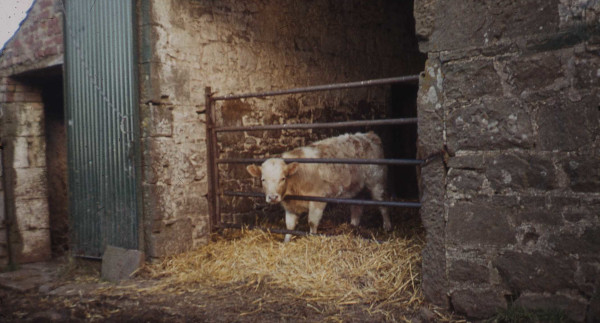
Visiting the farm of a second cousin, the last in a long line of tenant farmers. The farm, Huntingfaulds part of a ‘syndicate’, Shielhill, The Powrie and Middleton. The later still farmed by a great-uncle in his 90s, from another long farming tradition.
Re-living My Past
A sad occasion, the funeral of a second cousin’s wife held in a Scottish village. A gentle lady, one of those people that one feels better for knowing. It seems like the whole village has turned out. My father was said to have wished to live in a village like this, perhaps not unlike his father’s early life? But then he wouldn’t have been part of creating the modern motor car.

The funeral service lets me re-live my past, the singing of All Things Bright And Beautiful to the tune that I remember, not the one that is now more commonplace.
"All things bright and beautiful,
all creatures great and small,
all things wise and wonderful,
the Lord God made them all."
The simplicity of a Presbyterian service with a minister using his own words and not following some ritual without which the door to heaven will be closed. Someone talking about a person that he had known in life. In closing there are some traditions though, simple words that even a non-believer can appreciate:
“May the Lord bless you and keep you.
May the Lord make his face to shine upon you, and be gracious to you.
May the Lord lift up his countenance upon you, and give you peace.”
Without police escort the congregation takes over the whole road out of the village and walks behind the hearse on the last journey to the cemetery, other road traffic waits patiently. Surely a scene that would have been familiar to generations past?